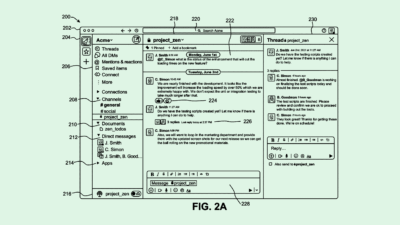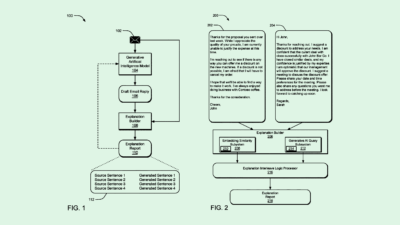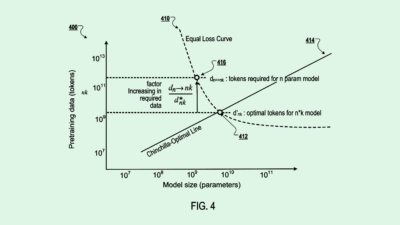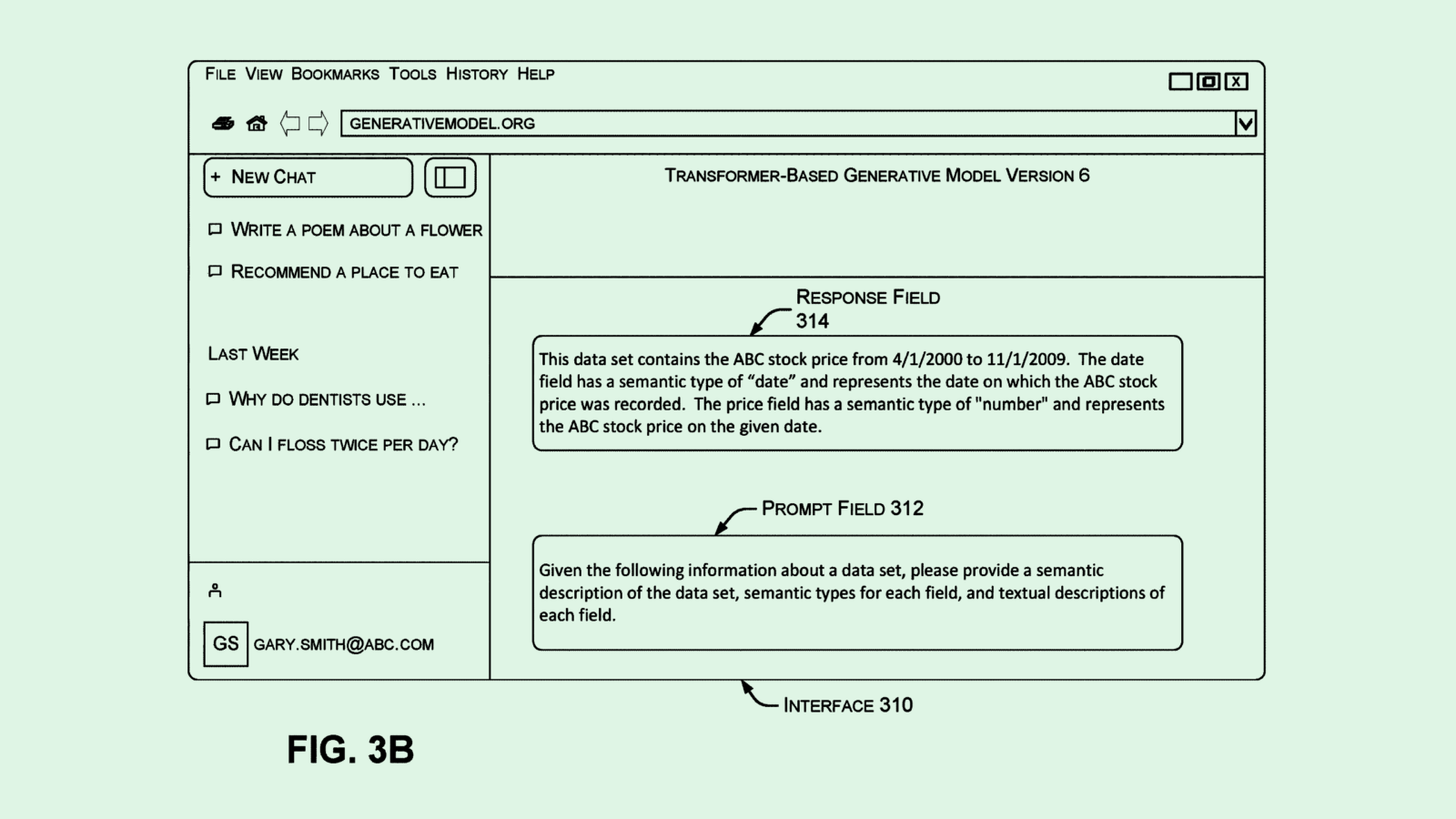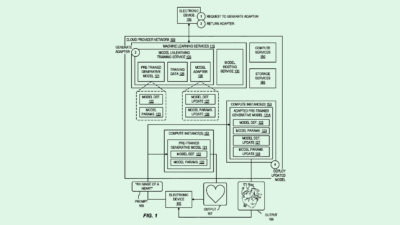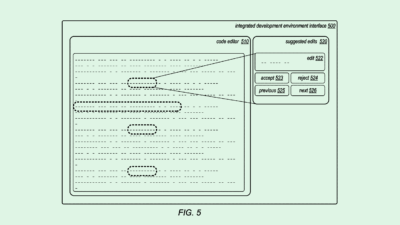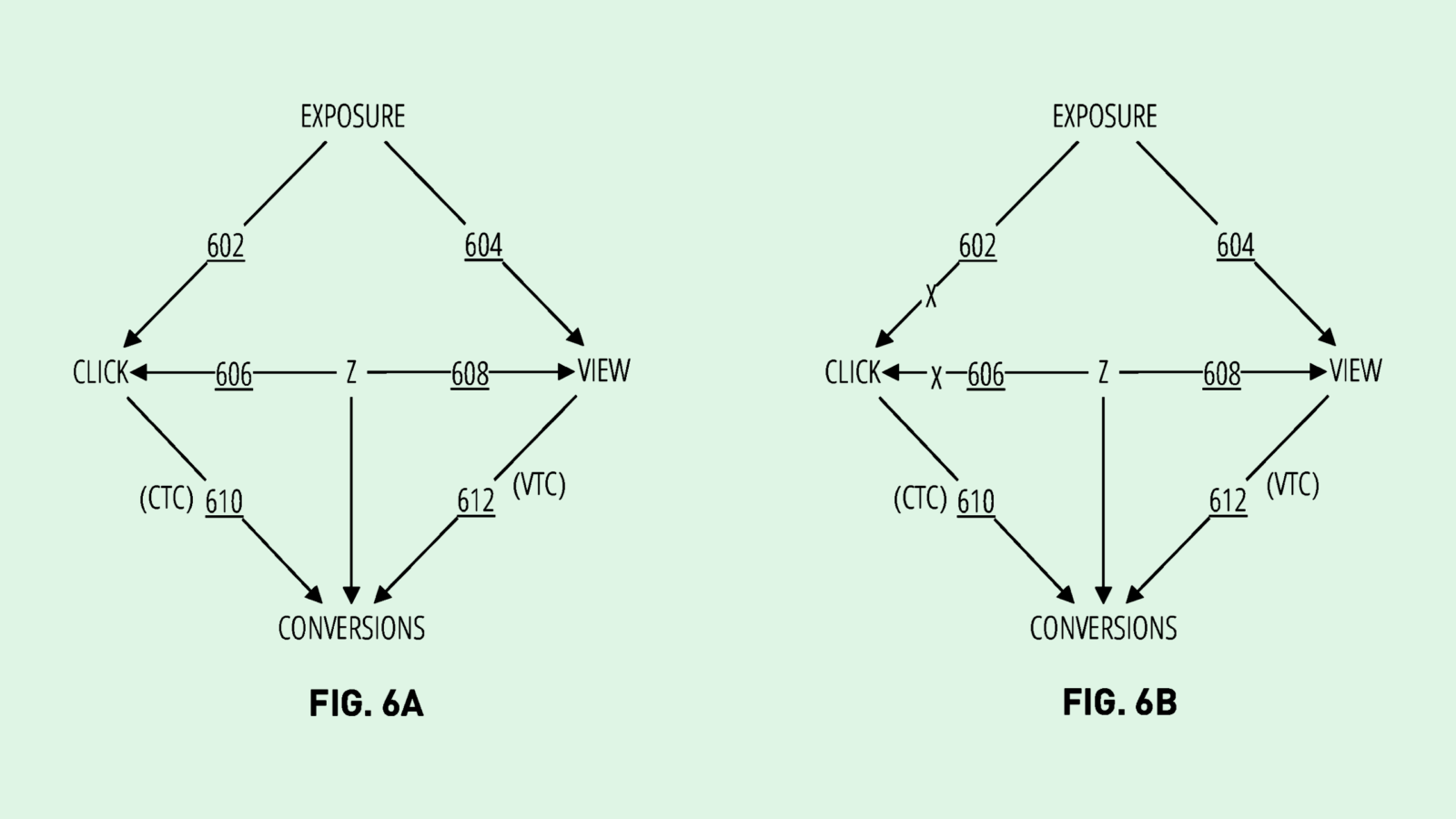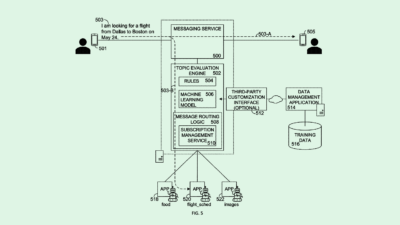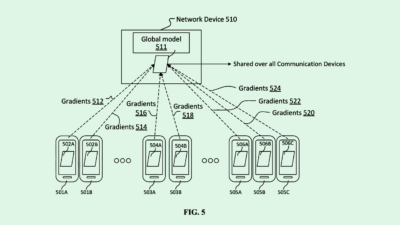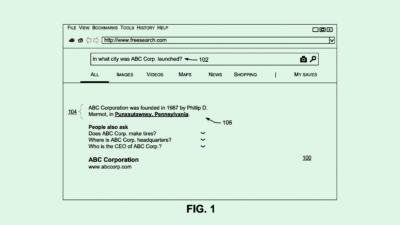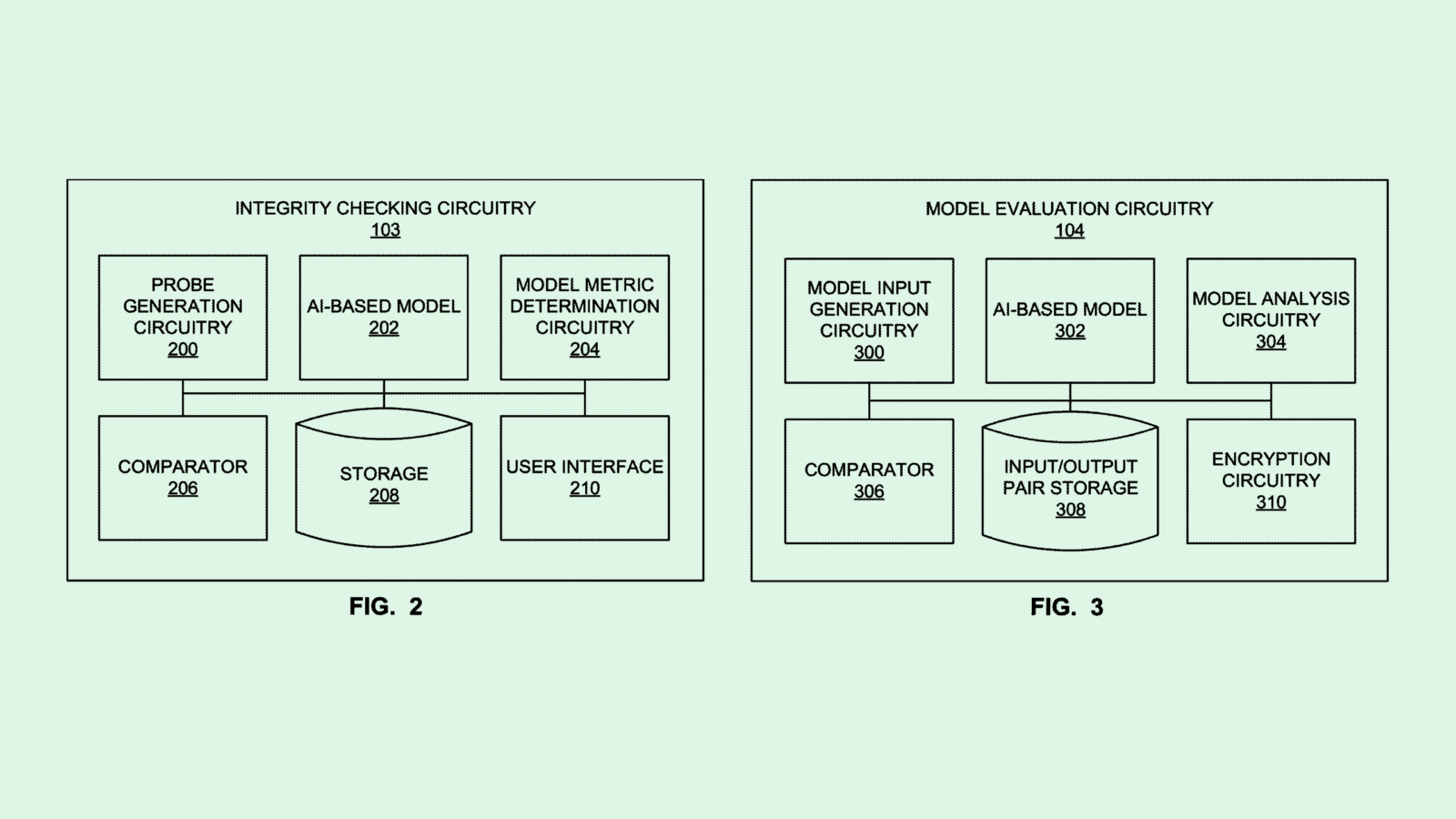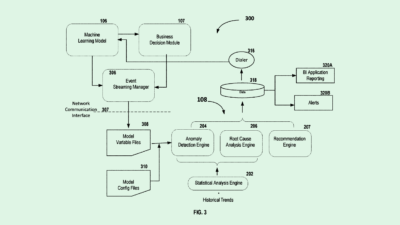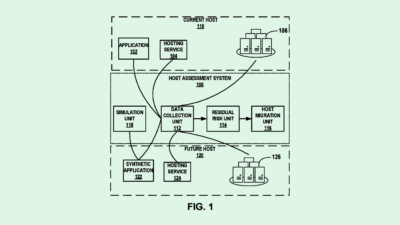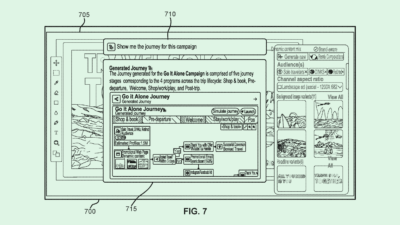machine learning
-
Now Entering Uncanny Valley: Why AI ‘Avatars’ Are Suddenly Everywhere

Photo illustration by Connor Lin / The Daily Upside
Get More Than News. Get Insights.
Our daily email brings you smart and engaging news and analysis on the biggest stories in business and finance. For free.
-
Microsoft Patents Automate Data Clean-up

Photo via U.S. Patent and Trademark Office
-
Intel Patent Could Help Build Security Trust in Enterprise AI

Photo via U.S. Patent and Trademark Office

